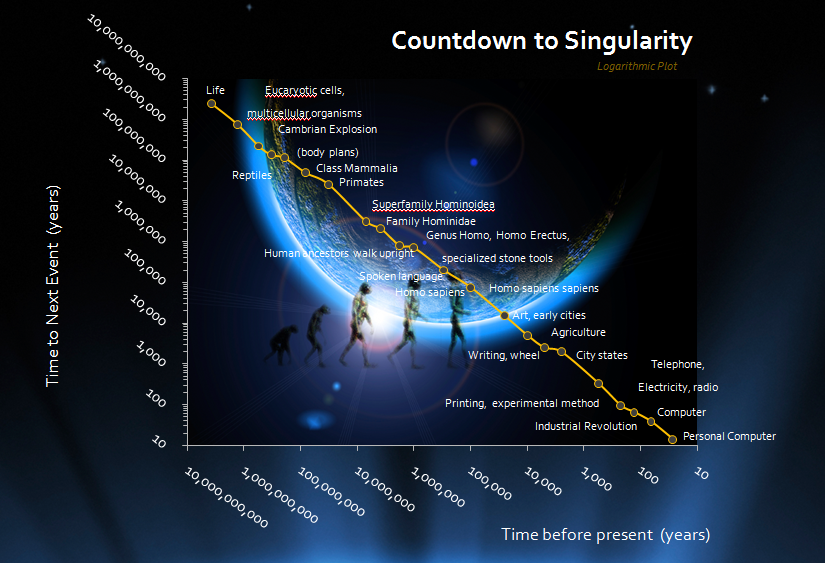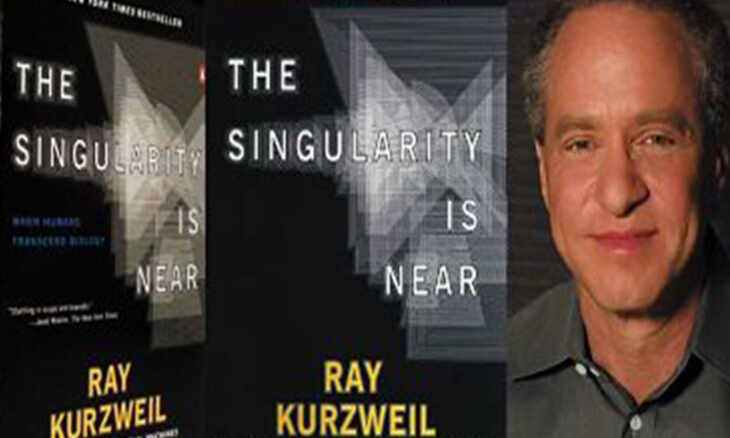
“I believe that the Singularity will live in history as like the homunculus,” he predicted. As we began to understand nature better, alchemists became chemists and abandoned such pursuits in favor of compiling the periodic table of the elements. One of the goals of early modern alchemy was the creation of a “homunculus,” a manufactured human that can think for us. Marks, director of the Walter Bradley Center for Natural and Artificial Intelligence, offered a historical take on Kurweil’s claims. Getting around that problem is not a matter of adding to the computing power. As MIT’s David Gelernter put it, “It plays the game for the same reason a calculator adds or a toaster toasts: because it is a machine designed for that purpose.” With its powerful computing abilities, it is an artificial extension of the programmers’ abilities. The machine does not “want” to play Go in the sense that a fish wants to catch a worm or the worm wants to escape. Afterwards, he noted, flush with success, the programmers may believe themselves when they say, “Oh, I had no hand in it.” But nothing at all would have happened apart from their efforts. Programmers must define both the goal and the outcome. George Montañez, Assistant Professor of Computer Science at Harvey Mudd College, took issue with Kurzweil’s claim that AlphaGoZero needed no instructions to beat humans at the game of Go: “For a system like this to work, a human must define the incentive structure, also encoding the assumptions.” The sheer power of a computing system does not cause it to do anything at all.What has it done for us lately?” Generally, AI achievements are one-offs that same program does not go on to make headway against cancer or COVID-19. “It taught itself to play chess in four hours? But that was in 2018. But they actually only retrieve words.” AI may help us understand but it doesn’t itself understand.Įtzioni also reflected on the strictly limited focus of artificial intelligence achievements.


If we extrapolate exponentials, we can be exponentially wrong.” He made a distinction, for example, between retrieval of data and understanding it: “To take one tidbit from his talk, he talked about the ability of computers to read 100 million sentences. Allen, Microsoft co-founder), cautioned against hype about superhuman AI: “Exponentials are very important.



 0 kommentar(er)
0 kommentar(er)
